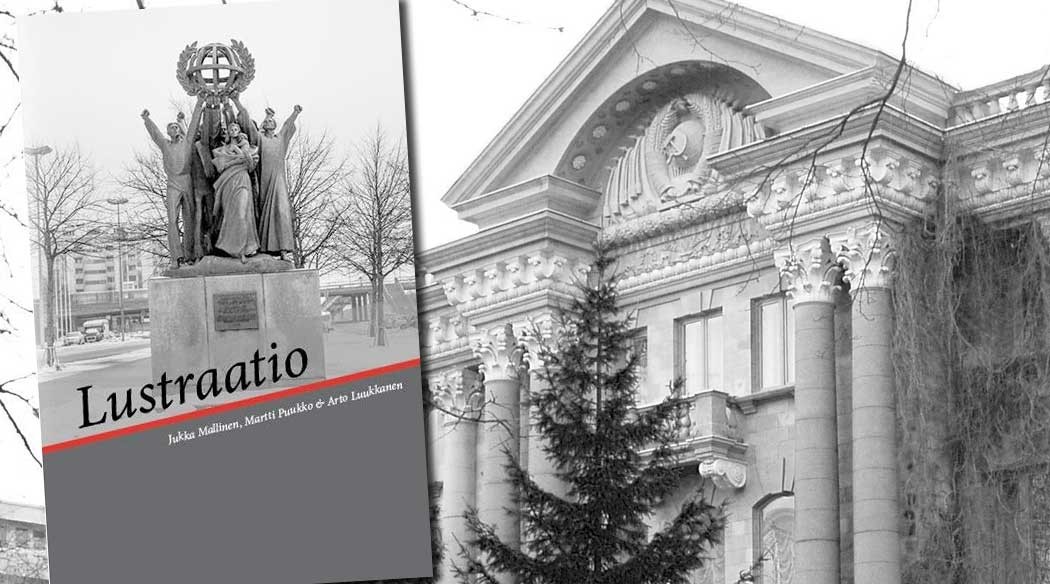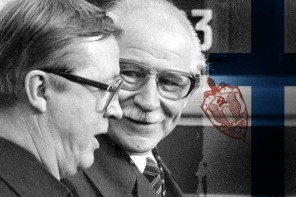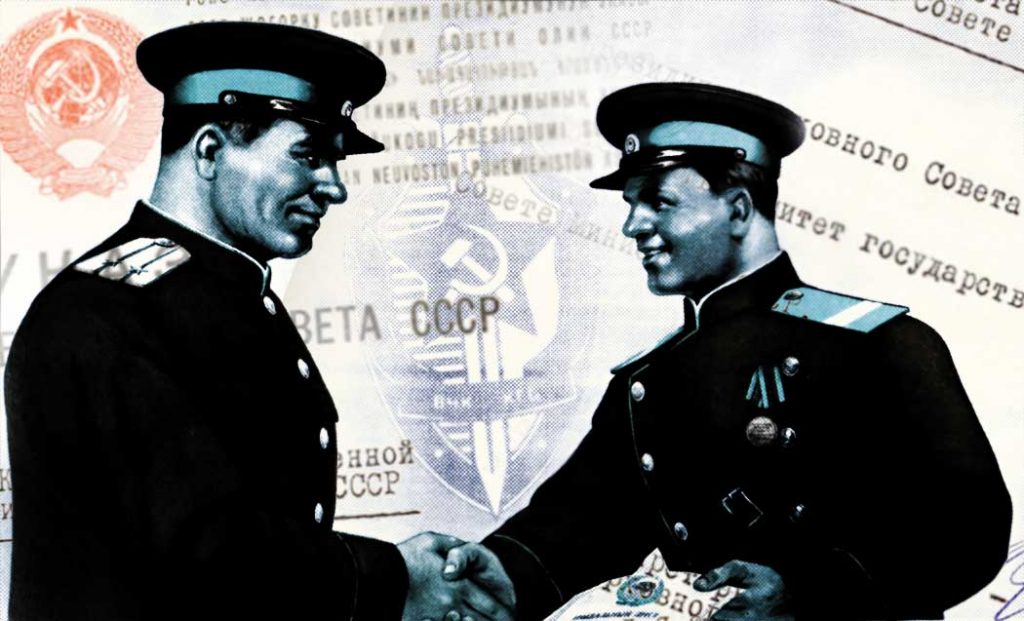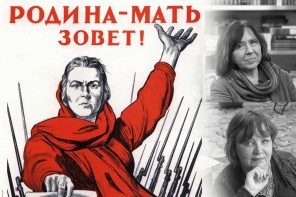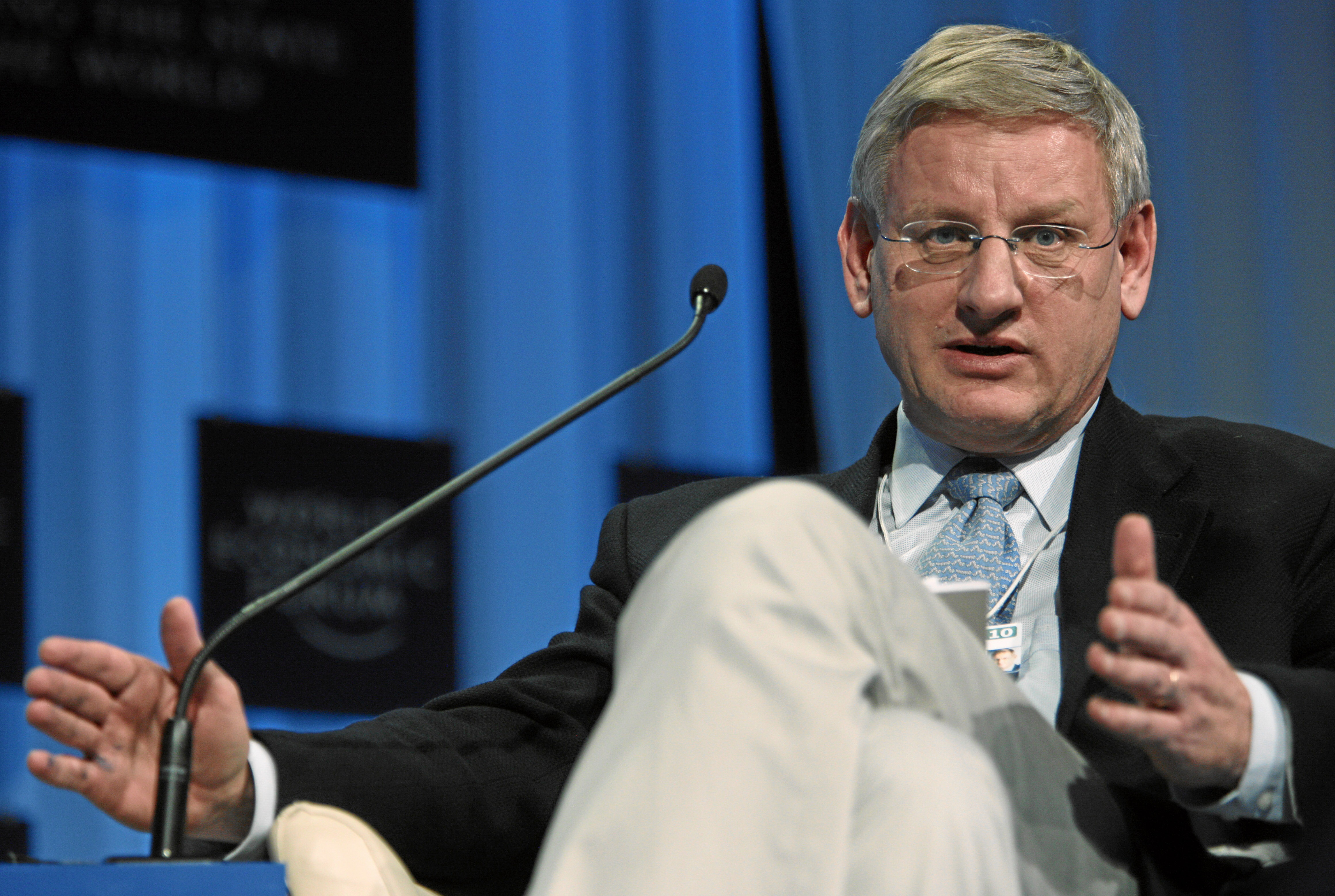A group of Finnish commentators has published a collection of articles analysing Finland’s position as Russia’s neighbour and the impact of Russian networks of influence within the country.
The book, Lustraatio (Lustration), highlights the need for a process of purification in Finland. The word ”lustration” stems from the Roman purification ritual (lustrum) and means the purge of government officials once affiliated with the Communist system in Central and Eastern Europe. Lustration is akin to the Denazification in post-war Germany and signifies accountability for past human rights abuses, corruption, and injustice.
Lieutenant General Viktor Vladimirov, who had been head of the ”wet operations” (i.e., assassination) department of the Soviet secret police, the KGB, did several rounds as a diplomat at the Soviet Embassy in Helsinki and managed to befriend more than one Finnish President and scores of leading politicians and opinion makers.
In the book, Adjunct Professor Arto Luukkanen, who is standing as candidate in Finland’s upcoming parliamentary elections, proposes the establishment of a ”truth commission” to investigate the Soviet networks of influence in Finland during the Cold War era. At the same time, Mr Luukkanen stresses the importance of unmasking current collaborators as well.
The book’s other authors include writer and translator Jukka Mallinen, who has made a long and distinguished career in translating contemporary Russian prose. Previously, he worked for enterprises engaged in trade with the Soviet Union and later Russia. Mr Mallinen is one of Finland’s foremost experts on Russian culture. In 2014, he received the Order of the Cross of Terra Mariana from Estonia’s President, Toomas Hendrik Ilves.
Documentary film maker Martti Puukko studied the Polish process of lustration closely when filming a documentary about the dissident leader, Lech Walesa, and Communist General Wojciech Jaruzelski. Mr Puukko places the Russian networks of influence in Finland in a larger European context. In times such as these, he notes, it is increasingly important to gain better knowledge of our own recent history, not just that of Russia.
In Poland, there has been open debate about the opportunities for blackmail and extortion that connections established in the past have presented. The Polish parliament, the Sejm, has enacted laws on lustration. Finland, on the other hand, seems to have been a special case — sui generis — during the Cold War. Despite its economic and political system, Finland was, in fact, part of the eastern sphere of influence.
Having fought against Soviet aggression in the Second World War a mere 22 years after gaining independence from the Russian Empire, Finland managed to avoid occupation, but was forced to cede a large part of its territory, including its second-largest city, Vyborg, in a peace treaty with the Soviet Union.
A ”Control Commission” of the Allied Forces, which in actuality represented the Soviet Union, settled in Helsinki and began to exert heavy influence on Finland’s internal politics. Soviet dictator Joseph Stalin’s emissary, Colonel General Andrei Zhdanov, who had earlier had a key role in the Soviet occupation of the Baltic States, was the head of the Control Commission.
Finland signed an Agreement of Friendship, Cooperation, and Mutual Assistance (known as the YYA Treaty) with the Soviet Union. The agreement’s terms and conditions differed somewhat from similar agreements that Moscow forced on other Eastern European states that it had subjugated. The Soviet Union went on to have a significant and corruptive influence on Finnish domestic politics throughout the Cold War period.

For instance, Lieutenant General Viktor Vladimirov, who had been head of the ”wet operations” (i.e., assassination) department of the Soviet secret police, the KGB, did several rounds as a diplomat at the Soviet Embassy in Helsinki and managed to befriend more than one Finnish President and scores of leading politicians and opinion makers.
The Soviet influence in Finland was often characterized with the sometimes pejorative term, ”Finlandisation,” which originated in West German political debate in the 1960s and 1970s. In Finland, this term was usually avoided, however. Instead, one often used the euphemistic expression, ”universal reasons,” to designate decisions dictated by the perceived need to placate Moscow.
Indeed, Finnish politicians found it easy to collaborate with the Soviets in an effort to further their own careers. There were, however, persons who never succumbed to any form of collaboration with Soviet or other Communist agents. They were often pushed to the margins of the Finnish political landscape.
Given the recent deterioration of the international situation, particularly after Russia’s military aggression against Ukraine and annexation of Crimea, Finland’s status as a non-NATO member in Russia’s periphery has attracted more attention abroad. Russia’s intelligence activities in the Baltic Sea region have increased, which is why its old networks of influence are of importance for the security of the whole European Union.
Seppo Tiitinen, who was head of the Finnish Security Intelligence Service (Supo) during much of the Cold War period, has stated that digging into the ”scrap heap” of Cold War operatives in Finland would not make things any better. Officially, Supo has never caught a single low-level mole within its ranks in its entire post-war history.

Based on information obtained from the so-called Mitrokhin Archive, Supo’s former head, Arvo Pentti, may have received funds from the Soviet secret police, the KGB. The documents indicate that money was offered in exchange for Mr Pentti’s cooperation.
The KGB regarded the first visit of Mr Pentti’s successor, Mr Tiitinen, to Moscow as an even better success than the visits by his predecessor. Following his career as head of Supo, Mr Tiitinen became the Parliamentary Secretary of the Finnish Parliament — a post that he still occupies.
There have been several cases within Finland’s political and academic elite that would certainly warrant further investigation. In a small country like Finland, the emergence of networks of protection, as well as of political, personal, and sexual relations, is commonplace inside the political elite. These networks and connections serve as opportune environment for dubious intelligence activities.
For instance, the Finnish Professor Timo Kivimäki, who was convicted of spying on behalf of Russia in Denmark in 2012, was hired soon after his conviction by Helsinki University. Riitta Juntunen, who was revealed to have spied for East Germany’s notorious secret police, the Stasi, got a promotion at the trade union organisation she was working for.
The publisher and authors of this book warmly welcome the quest of the Ukrainian people to rid the country of corruption and to disclose covert links to the Russian intelligence services. As the strategic importance of the Baltic Sea region is rising and Russia’s intelligence activity increasing, highlighting the security implications of Moscow’s networks of influence throughout Europe is of the utmost importance.
Finland is one of the least corrupted countries in the world, at least on the basic level of society. However, investigating the inner workings of the local elites has proven to be a much more difficult task. Finland’s historical ”special relationship” with Moscow has given rise to a peculiar sensitivity in relation to Russia’s intelligence activity in the country.
Unfortunately, Finland has so far failed to take even the first step that many former socialist countries — Ukraine being the latest — have taken to clear up the murky spots in their recent past. It is clear that there is an ever growing need for lustration in Finland and several other European countries.
From http://lustraatio.fi/

